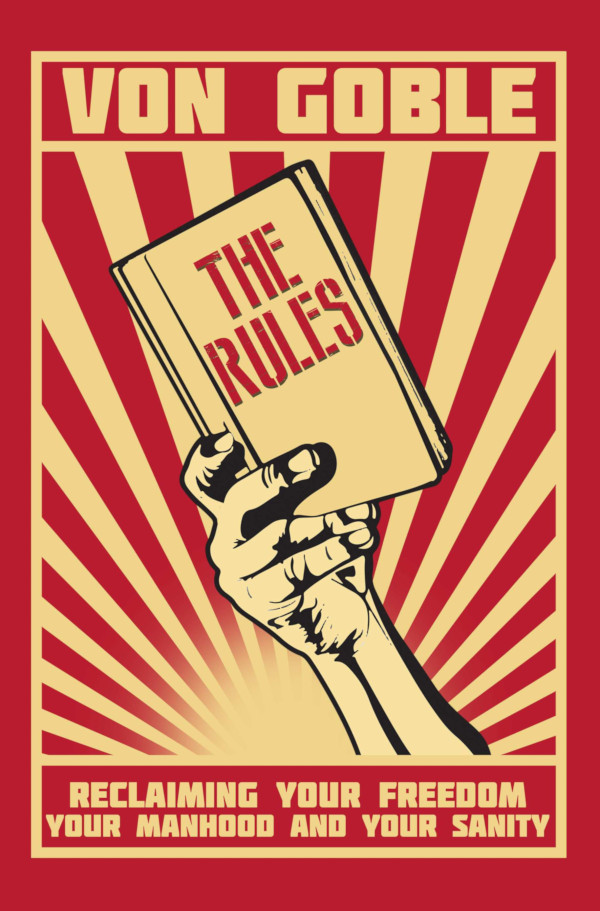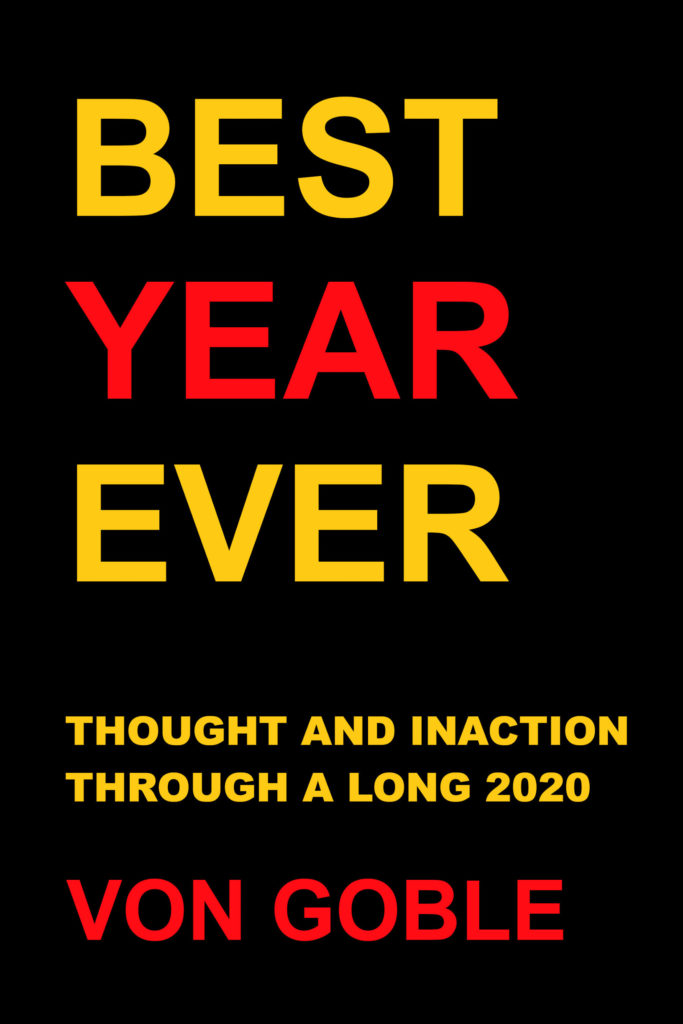Globalism’s Failures and What to Do About Them
When the President of the United States declares that Vladimir Putin, the long-ruling leader of a significant nuclear power, must go—must be removed from office—we can assume this is more than idle banter or the ravings of an unhinged old man. At best, it is an act of extraordinarily reckless saber-rattling. At worst, it is a serious statement of intent by a representative of those with the power to attempt such an endeavor and a sign of either unprecedented hubris, profound desperation, or some noxious mixture of the aforementioned. In context—the disastrous American withdrawal from Afghanistan, the unanticipated Russian invasion of Ukraine, and the rapidly escalating proxy war between the two great powers—we should hope for mere saber-rattling but prepare for far worse. Why is this happening? Why is the world order of the last 30 years disintegrating? Why are globalism, internationalism, and the promotion of universal values—from free trade agreements to the European Union to American efforts to democratize the Middle East—increasingly resented and failing with ever greater frequency?
With a focus on the United States, one of the few Western nations to have retained significant geopolitical reach, we will examine the problem of the world-flattening project. We will also determine what we—all of humanity in general and the peoples of China and the United States most of all—can and should do to bend the arc of history towards something better than the present.
In this series, we will begin by cursorily describing the genesis, characteristics, and present mindset of the omnipredatorial society—best embodied by the United States and those nations deeply influenced by her. We will then turn our attention to China and enumerate the factors that make her a uniquely capable challenger to the Western world order. We will examine her culture and philosophical heritage, her distinctive cycles of openness and closure, her transformation from kingdom into nation-state, and the problems she faces (and where they differ from and overlap those of the United States). We will also consider the critical matters of national identity and brand development and how all of the factors thus listed have affected China’s struggle against the hegemony of foreign influence. Finally, we will develop an alternative to the brutal hierarchy of abstractions being thrust upon us—a sustainable, local order that is compatible with the limitations of human nature, the demands of industrialization, and our growing desire for material prosperity.
The sections are as follows:
Part I—The Rise and Fall of the Omnipredatorial Society
Part II—Civilizations Apart, Stuck Together: China and the United States
Part III—Towards a Practical Tribalism: Human Nature and the Technosphere
Conclusion—The Music of the Spheres/The Roundness of the World


The Rules
The Rules is a philosophy and self-inquiry text designed to help readers develop mental discipline and set life goals. It does this by way of guided readings and open-ended questions that facilitate the rational and systematic application of each Rule.
Put another way: The Rules is a book designed to help men survive and thrive in the West.
Foresight (And Other Stories)
Four tales across time and distance. Always satirical and frequently dark, this collection considers the breadth of isolation and the depth of connection.
Brant von Goble is a writer, editor, publisher, researcher, teacher, musician, juggler, and amateur radio operator.
He is the author of several books and articles of both the academic and non-academic variety. He owns and operates the book publishing company Loosey Goosey Press.









“[Why are] free trade agreements to the European Union to America’s efforts to democratize the Middle East increasingly resented and failing”
in order: made up, made up and made up.
“free trade” is a laughable myth. i’m living in western canada maybe 4 hours from the border and if i order something from california on ebay or amazon the shipping and customs will be more than the item i ordered. if it comes from china…? free shipping. that’s NAFTA at work. just a small anecdotal example but it applies in bigger cases as well.
the EU? i have CDs in my music collection older than the EU (the final smiths album comes to mind). a made up technocratic scam thrown together in the 1990s yet people act like it’s the glue holding european “civilization” together. how’s that working out, freezing germans?
as for “democracy” in the “middle east”, i’ll believe it when i see “democracy” in the US. managed democracy only works with a docile population and those are becoming hard to find in the past few decades.
anyhoo, rant over. i look forward to the trilogy.
It has been a long time since Brant has written here, so it’ll be interesting to see the rest of the series!